Fiona Mavhinga, Executive Advisor for the CAMFED Association
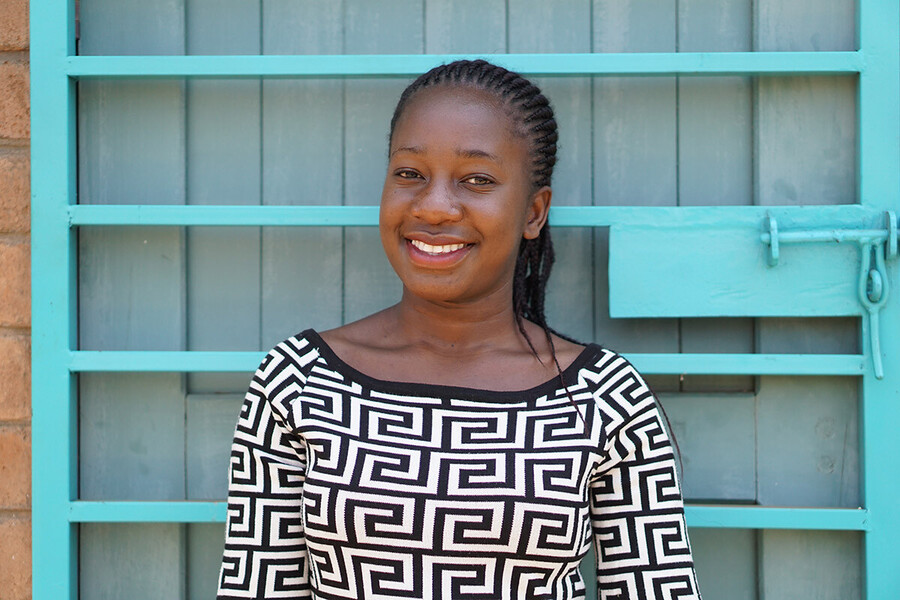
Q&A with Elizabeth, Peanut Entrepreneur
Since I started my business, I’ve become confident to make decisions — particularly financial ones — on my own, which is unusual in my rural…
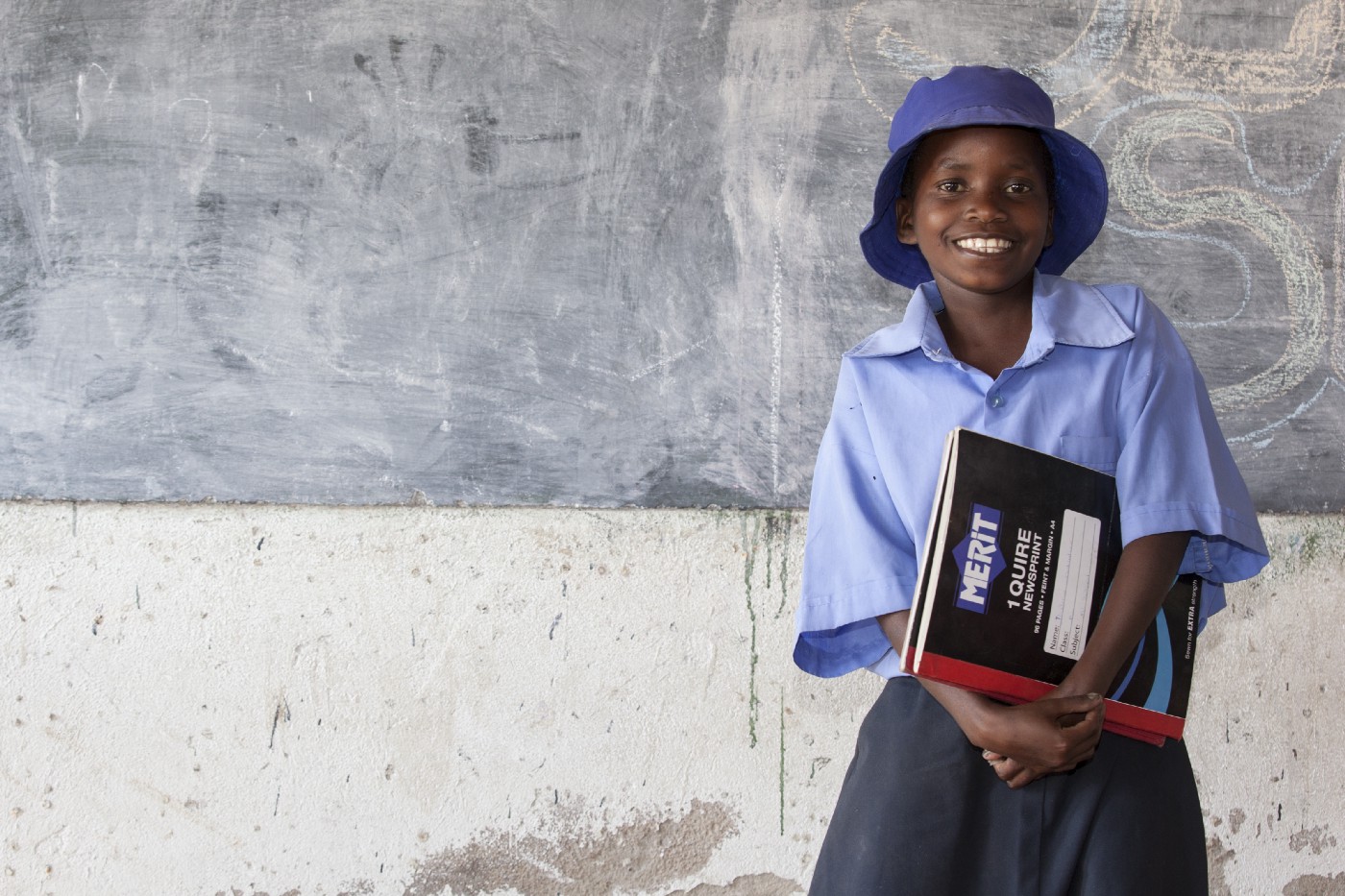
Fiona Mavhinga, Executive Advisor for the CAMFED Association
Zimbabwe, Global
Education is about social justice. The words ‘inclusive’ and ‘equitable’ speak to the vital need to listen to and empower those most marginalized — the majority of whom are women and girls. Never has it been more important to deliver on girls’ education — as a human right, a matter of justice, and the best investment we can make for the economic development and stability of nations.
Achieving true social justice means global action today — not just words.
Those who have read my blogs will know that I believe that achieving true social justice means action today — not just words. This action is most powerful when we unlock the rich potential in poor communities to deliver life-changing (perhaps even history-making) change. This does not come overnight — but when you put structures in place that catalyze the multiplier effect of girls’ education, it is possible to achieve sustainability and scale while focusing on the specific needs of every individual girl. Sound far-fetched? Let me explain.
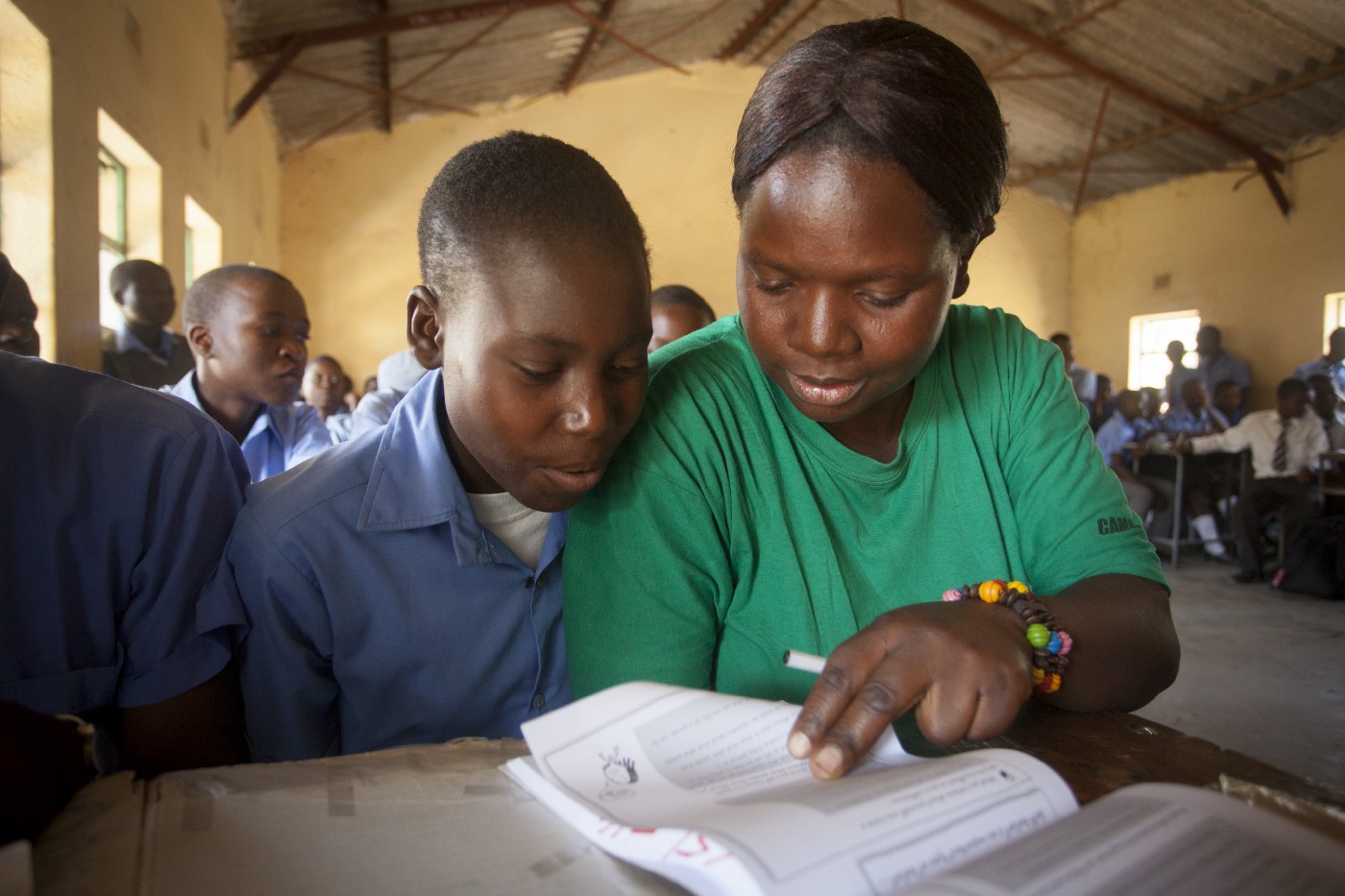
It is possible to scale programs that reach the most marginalized — through the expertise of those with lived experience. Photo: Jon Pilch/CAMFED
Education transformed my life. In a context of rural poverty, that education was only made possible through the support of my family, my community and CAMFED (the Campaign for Female Education). Without holistic support, I wouldn’t have been able to achieve, go on to university and become a lawyer. I wouldn’t have been able to lead the development of a network of more than 84,000 educated young women, once marginalized, to change the futures of hundreds of thousands of children in Africa — children who are in greatest danger of being excluded, just because of the circumstances they were born into.
To date, we have supported 382,388 children to go to school with our own resources. And we are developing programs to drive up education quality.
I am so proud of my sisters in the CAMFED Association, CAMA. Together, to date, we have supported 382,388 children to go to school with our own resources. And we are developing programs to drive up education quality.
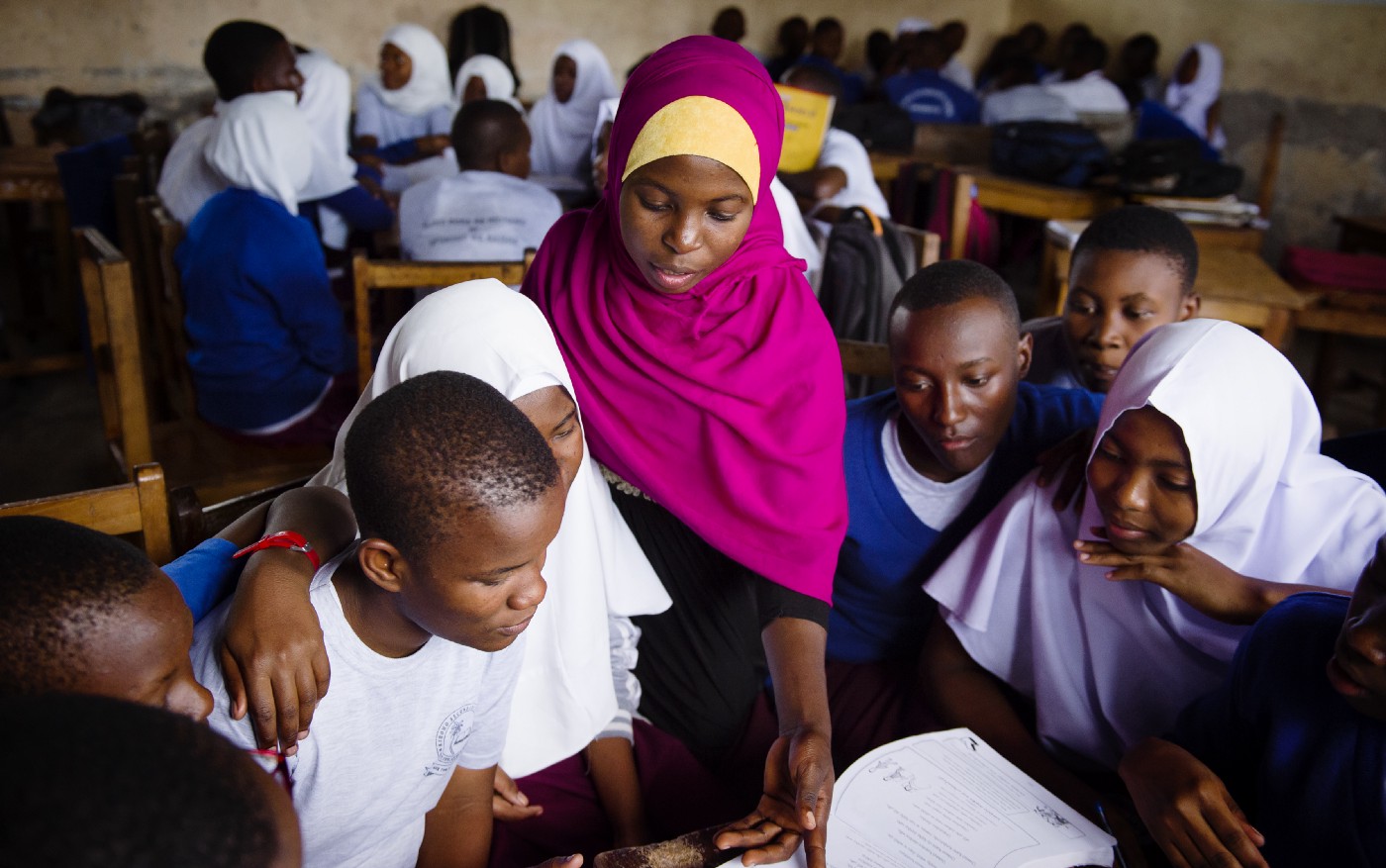
Learner Guide Zuhura in Tanzania. Photo: Eliza Powell/CAMFED
One example of this is the CAMFED Learner Guide Program, which we were able to launch through investment under the UK’s Girls’ Education Challenge. 4,660 CAMA members have already been trained in Zimbabwe, Tanzania and Ghana to return to their local schools to deliver highly contextualized life skills lessons to marginalized children, support their studies, and connect impoverished families with vital services.
Learner Guides are paying forward the benefits of their education, while gaining valuable skills for future employment. Through the program, CAMFED has seen an unprecedented uplift in learning outcomes among the most marginalized girls.
They understand first hand that it’s easy to fall behind when you are worrying about sick relatives, or pressure from a boy or man.
Learner Guides are so effective because they come from the communities in which they work. They understand first hand that it’s easy to fall behind in your studies when you are too shy to speak up in class; when you have to work before and after school to put a meal on the table; when you are worrying about sick relatives, or pressure from a boy or man.
Now we are extremely excited about the future prospects of Learner Guides: learning company Pearson, which supported the development of the life skills curriculum, partnered with CAMFED to develop a bespoke BTEC for Learner Guides, and last week we had a graduation ceremony for hundreds of the first BTEC recipients in Zimbabwe. We celebrated the fact that Pearson will certify 5,000 Learner Guides by 2019, helping to fast-track them into teacher training colleges and other life-changing professions.
Together we have created a vehicle for real change, at scale.
Thanks to organizations like the Queen’s Trust and Linklaters, which have supported the program’s extension across Tanzania, Zimbabwe and Ghana, and the US President’s Emergency Fund for Aids Relief (PEPFAR) DREAMS Innovation Challenge, which is funding its adaptation to meet the needs of vulnerable children in Malawi, we have created a vehicle for real change, at scale. CAMFED has partnered with the Tanzania government to roll out the Learner Guide Program in non-partner districts, and is extending the concept to provide support to young women in their communities after school, enabling them to transition to secure livelihoods.
I have gained the respect I never expected at this age. I feel so powerful and able.
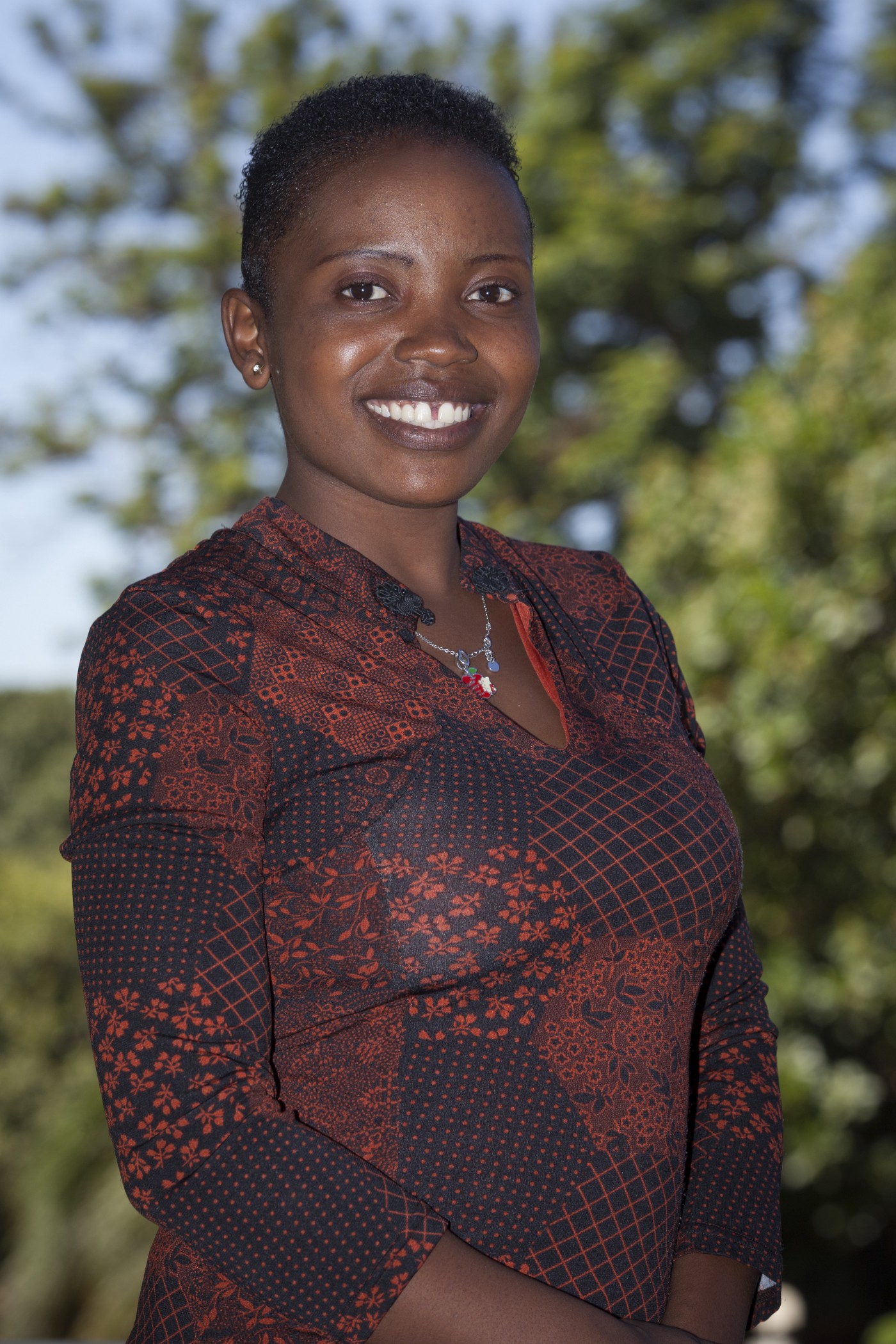
Learner Guide and entrepreneur Lindiwe Mehlo. Photo: Jon Pilch/CAMFED
One of our great success stories is Learner Guide Lindiwe Mehlo. Lindiwe, the first CAMA member in rural Zimbabwe to register her business with the government, sells her very own juice brand in supermarkets far and wide! She was one of the first BTEC recipients, and is saving her money to apply for teacher training college.
Helping girls to stay in school, helping them to achieve what they want in life, that is my favorite part, Lindiwe says.
Other BTEC recipients are writing to me are saying, “I have gained the respect I never expected at this age. I feel so powerful and able.”
Their story — and thousands more — showcase what can be achieved when we come together globally behind communities as partners for social justice — and that it all starts with girls’ education.
I think every young person deserves to feel powerful and able. Don’t you?
If you believe in the work CAMFED is doing, please lend your support.
Fiona Mavhinga was one of the first young women supported by CAMFED (the Campaign for Female Education) in Zimbabwe. She is a lawyer, and a founding member of the CAMFED Association of women leaders educated with CAMFED support. Today she leads on the development of the Association as a powerful force for change across sub-Saharan Africa.

Since I started my business, I’ve become confident to make decisions — particularly financial ones — on my own, which is unusual in my rural…
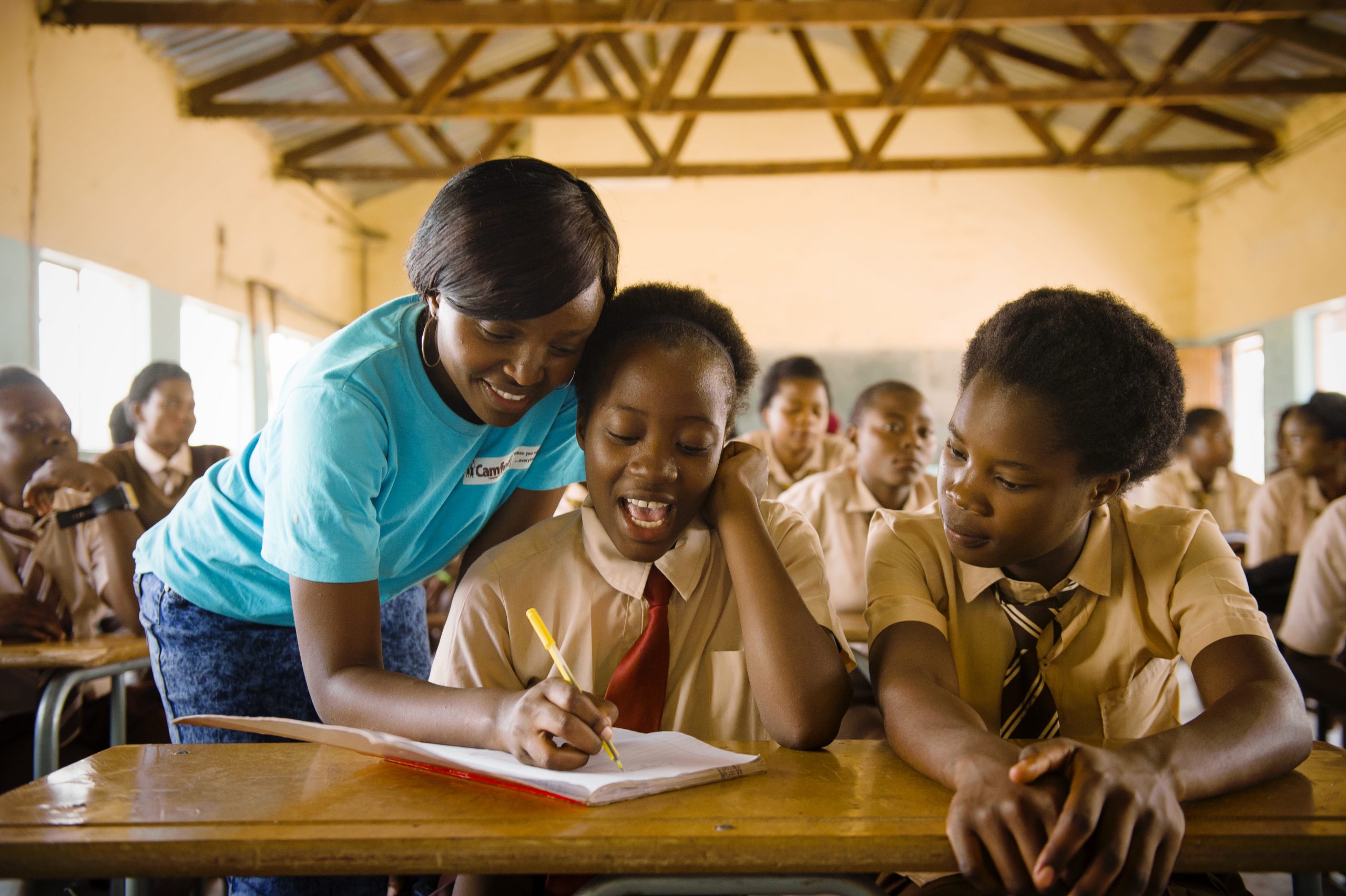
This blog highlights key lessons from our partnership working at the confluence of research and implementation with the aim of supporting girls’ education.
Tanya Canier $5.6
Mahek Tulsiani $16.1
Henry Delorey $31.9
Alexis Hacker $25
Kathleen Benedict $13
Sarah Daniels $5
Zoe Landers $26.6
Doinita Necoara $5.6
Catherine Griffith $52.9
Karin Bjornson $21.5
Sandra Graves $5.6
Angela Cloutier $15
Jill Davis $20
John Lister $21.4
Jerrilee Muegge $5